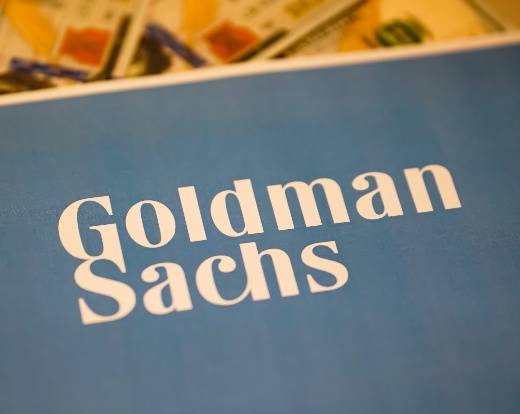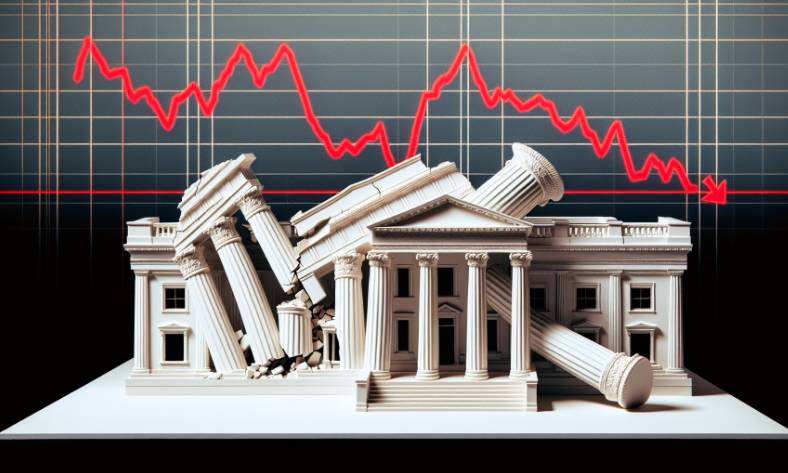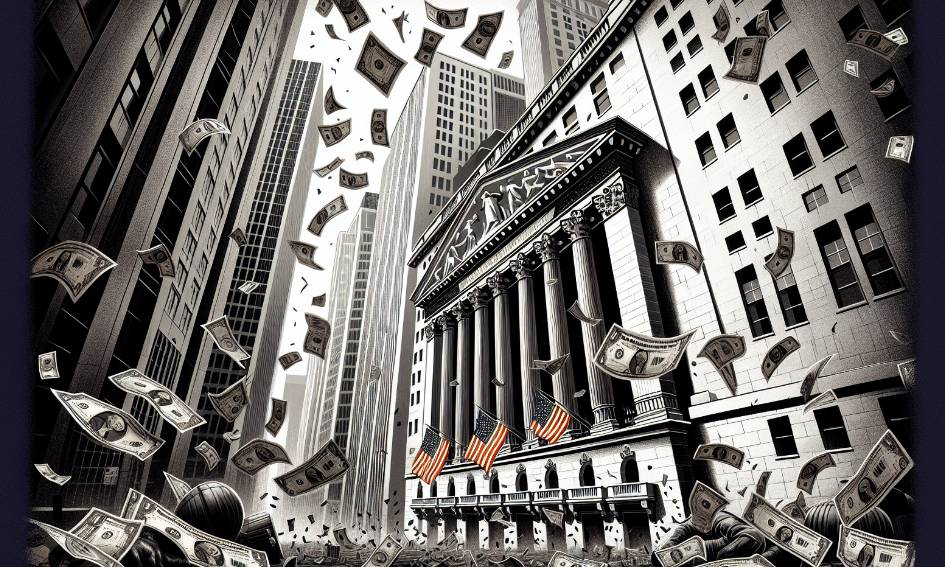This articleThe author is Goldman Sachs Chief Economist(Jan Hatzius)
I (i.e. Jan Hatzius) admit: I often avoid the question about the dollar. A large amount of academic literature and my experience as an economic forecaster tell me,Forecasting exchange rates is harder than predicting growth, inflation and interest rates。
But with the humility it deserves, I think the US dollar has beenA broad trade-weighted foundationsuperiorDepreciated by 5%,There is still a lot of room for decline in the future。
The real value of the dollar has been higher than its average since the beginning of the floating exchange rate era in 1973, according to the Federal Reserve.Nearly two standard deviations higher. There are only two periods in history that valuation levels are similar: the mid-1980s and the early 2000s.Both periods laid the foundation for the depreciation of the US dollar by 25% to 30%.
Coupled with the continued flow of investment portfolios into U.S. assets and the performance of U.S. stock markets outperform peers,US dollar appreciatesThe U.S. share in the global investor portfolio has been significantly increased. The International Monetary Fund (IMF) estimates that non-U.S. investors currently hold $22 trillion in U.S. assets. This may account for one-third of their total portfolio, half of which are stocks, and stocks are usually not madeExchange rate hedging. Therefore, non-U.S. investors decided to reduce their exposure to U.S. assetsIt will almost certainly lead to a significant depreciation of the US dollar。
In fact, even non-U.S. investors are reluctant to increase their U.S. portfolios, it could put pressure on the dollar. This is because balance of payments means that the US $1.1 trillion annual current account deficit must be compensated by a $1.1 trillion annual net capital inflow. In theory, this could come from foreign purchases of U.S. portfolio assets, foreign direct investment in the U.S., or the U.S. sale of foreign assets. However, in practice, most changes in the current account balance in the U.S. correspond to changes in foreign purchases of U.S. portfolio assets. If non-U.S. investors are unwilling to buy more U.S. assets at current prices, the prices of these assets must fall.The dollar must weaken, or (most likely) both.
If the U.S. economy can continue to outperform its peers as it has been for most of the past two decades, then these observations will not be that important. But this seems unlikely, at least in the next few years. At Goldman Sachs, we have recently been in all major economiesGrowth forecasts have been lowered due to tariff shock, but the cut to the United States has been the largest. We have lowered our forecast for U.S. GDP from the fourth quarter of 2024 to the same period this year to 0.5%. As GDP and corporate profit growth is only slow at most, coupled with a sharp rise in U.S. policy uncertainty and doubts about the independence of the Federal Reserve, we expect non-U.S. investors toSuppress demand for U.S. assets。
The depreciation of the US dollar should not be confused with the loss of its position as the world's dominant currency. Unless there is an extreme shock, we believe that the US dollar’s advantages as a global medium of exchange and a tool for value storage are too deeply rooted and difficult for other currencies to surpass. We've experienced a lot ofExchange rate changesAnd the dominance of the US dollar has not been lost, and our basic expectation is that current changes will not be different.
What are the economic consequences of weakening the US dollar?
First, it willIntensify the pressure on rising consumer prices related to tariffs. Tariffs alone could push core inflation (measured by the personal consumption expenditure price index) from the current 2.75% to 3.5% later this year, we estimateThe dollar depreciatesIt may add about 0.25 percentage points. Although this is not very large,The dollar depreciatesWe further strengthen our view that the “burden” of rising US tariffs willIt mainly falls on American consumers, not foreign producers。
Second,The dollar weakensIt will not only increase the prices of imported and consumer goods, but also lower the prices of export goods (measured in foreign currencies). In the medium and long term, this relative price change should helpReduce the U.S. trade deficit, this is also one of the goals of the Trump administration. therefore,Even without any form of the Mar-Lago Agreement, U.S. policymakersIt is unlikely to hinder the depreciation of the US dollar。
third,The dollar weakensIn principle, the financial environment can be relaxed and the U.S. economy can avoid recession. butThe drivers of depreciation are important。A decrease in demand for U.S. assets, including U.S. Treasury bonds, may offset the impact of weaker currencies on the financial environment.
anyway,Decide whether the United States enters a recessionThe most important factor is not how the US dollar is. Decide to implement additional after the current 90-day suspensionReciprocal tariffs, continuousTrade conflictor more radical tariff measures for specific commodities,Regardless of the dollar's movement, it could make recession inevitable。
















No comments yet